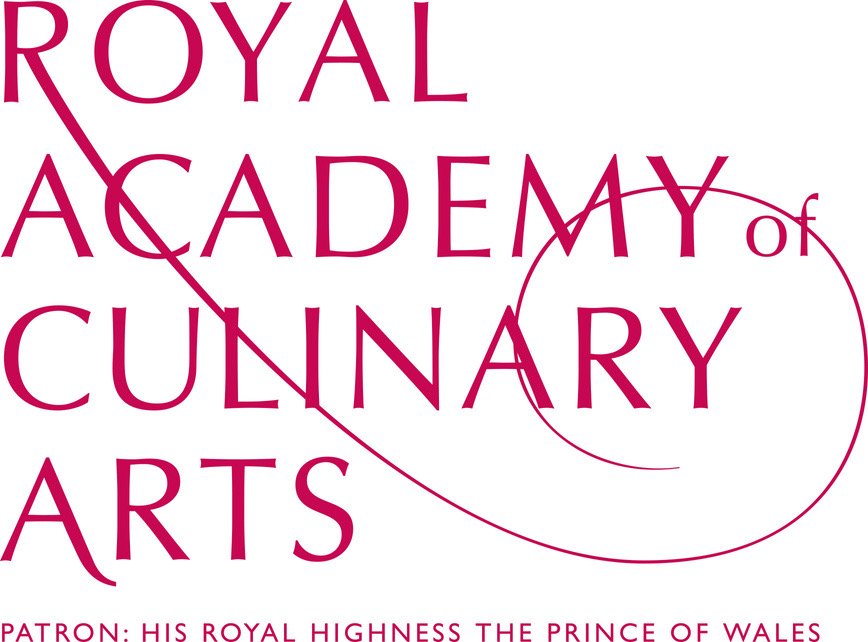The RACA hosts its first Seat at The Table event
A series of discussions on the challenges and opportunities of the hospitality industry
On Friday 26th February, we welcomed a select group of guests to our first Seat at The Table event, in partnership with the University of West London. This series aims to bring together industry leaders and experts to share their insights and experiences on various topics related to the culinary arts and hospitality.
The first event focused on the theme of “building a team, inspiring them, and working together to create a brand”. We were honoured to have the following guests join us for this conversation:
· Professor Peter John CBE, Vice-Chancellor and President, University of West London
· Michael Coaker, Culinary Ambassador London Geller College of Hospitality and Tourism UWL
· Melissa Fergus, General Manager, Mauro Colagreco. Raffles London at The OWO
· Simon Girling, Food and Beverage Director, The Ritz London
· Daniel Wade MCA, Proprioter, The Greyhound
· Daniel Moriss-Jeffery, General Manager, The Royal Academy of Culinary Arts
· The Staff Canteen, the leading online platform for chefs
The event was hosted at The Shed, a private dining room by the 2 Michelin-starred restaurant The Hand and Flowers in Marlow, where we enjoyed a superb three-course lunch prepared by Academician Chef Tom de Keyser. We would like to thank him and his team for their hospitality and generosity.
We are looking forward to hosting more Seat at The Table events in the future, and we hope to continue the dialogue and collaboration with our guests and partners. We believe that these events are a valuable opportunity to exchange ideas, learn from each other, and celebrate the excellence and diversity of our industry. See below for the video and key takeaways from the event.
Key takeaways:
Transparency and communication are crucial: Sharing the vision and goals with the team helps them feel invested and understand the bigger picture of where you want the restaurant to be.
Building a team takes time and effort. The speakers discussed the challenges of inheriting a team and the importance of finding the right people for the job and those that would fit the ethos of the brand you wish to create. It's important to invest in your team and be patient as they grow and develop. The team that you have built will ultimately work in the style that they were taught and encapsulate the brand of the restaurant and the projects that they will run in the future.
Team building activities can foster a positive and collaborative environment. This should include regular briefings which are key to each days success. Briefings also clear the air for any potential grievances and keep team cohesion. Team meals aid to completely breakdown and understand the food being served to the guests.
Kitchen staff training: They discuss different training methods, such as daily training sessions, and exams based on what they are being taught. Putting candidates forward for the Annual Awards of Excellence was also seen as positive collaborative training. They also talk about the importance of consistency and how everyone needs to be on the same page.
Leadership is essential: Setting a good example, providing clear direction, and offering support are all important qualities of a strong leader.
The restaurant style should reflect the customer experience. The level of service should reflect the ambience and personality of the restaurant, for The Ritz this is steeped in tradition and the team and style of food should reflect classical restaurant service. Each restaurant will adapt this to create its own focus for its diners.
Training and development are key to retaining staff and improving performance. Regular appraisals and feedback sessions can help employees feel valued and motivated. It was felt that a more natural conversation worked best, rather than a prescribed set of questions.
Team dynamics: The importance of having a long-standing team is imperative to how it makes things easier to run a restaurant. They also mention some of the challenges they have faced, such as opening during the pandemic.
Overall, the conversation provided a glimpse into the world of restaurant management and the challenges and rewards that come with it.
